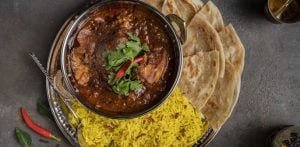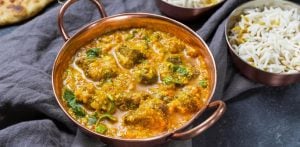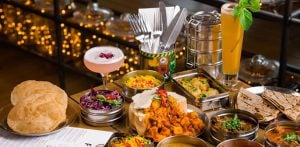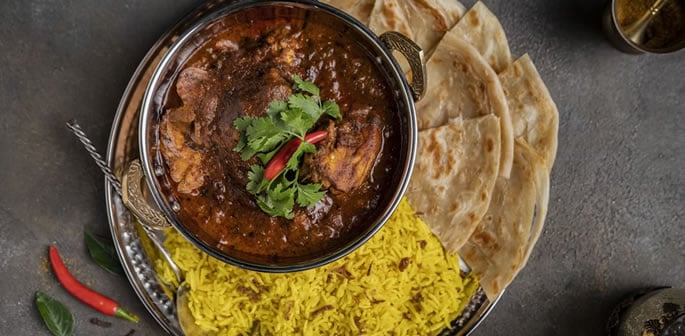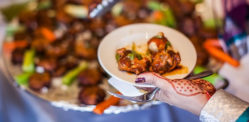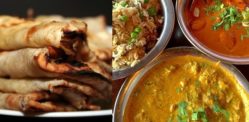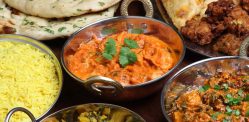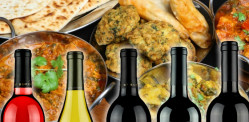“Restaurants or food stalls tend to offer welcoming environments"
Britain’s appetite for international cuisine runs deep.
From the kedgeree of the British Raj to the battered fish brought by Sephardic Jews, food from abroad has long shaped the nation’s taste buds and, as new research suggests, its mindset too.
A study by the University of Birmingham and the University of Munich has revealed that eating international food doesn’t just expand the palate; it can make people more tolerant.
The study involved more than 1,000 white British adults and explored their views on immigrants from Africa, the Caribbean, Asia and Europe.
It also examined their likelihood of supporting politicians who wanted to restrict immigration or tighten settlement rules.
Participants were asked how much they enjoyed six popular cuisines, Indian, Turkish, Chinese, Thai, Caribbean and Spanish, and how often they ate them.
The results were striking.
What the Results Found?
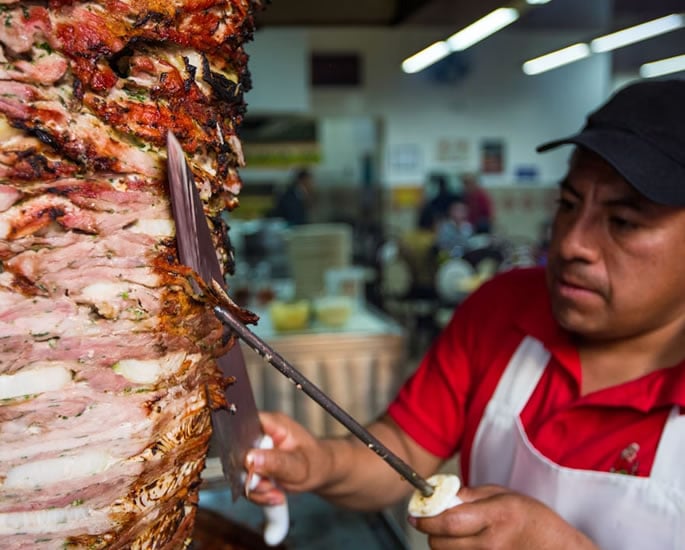
Those who frequently enjoyed global dishes showed more positive attitudes towards immigrants and were less likely to vote for anti-immigration politicians.
Importantly, the research found this wasn’t simply because adventurous eaters were naturally more open-minded.
The study explained that “tolerant attitudes” were “largely explained by increased positive contact with individuals from different cultures” and the positive associations created through “the sensory experience of eating good food”.
Dr Rodolfo Leyva, from the University of Birmingham and the lead author of the study, said:
“Restaurants or food stalls tend to offer welcoming environments that facilitate natural, friendly interactions with people from immigrant communities.
“Unlike museums or concerts, which may require prior knowledge or interest in another culture, everyone eats, and food is one of the most accessible and enjoyable ways to experience cultural diversity.”
The study also found that eating international cuisine was the “second strongest predictor of pro-European and pro-Asian immigrant attitudes after education”.
It was “tied with education and the number of non-white friends [respondents had] in having the strongest negative effect in the likelihood of voting for anti-immigrant politicians.”
Diverse Cuisine across the UK
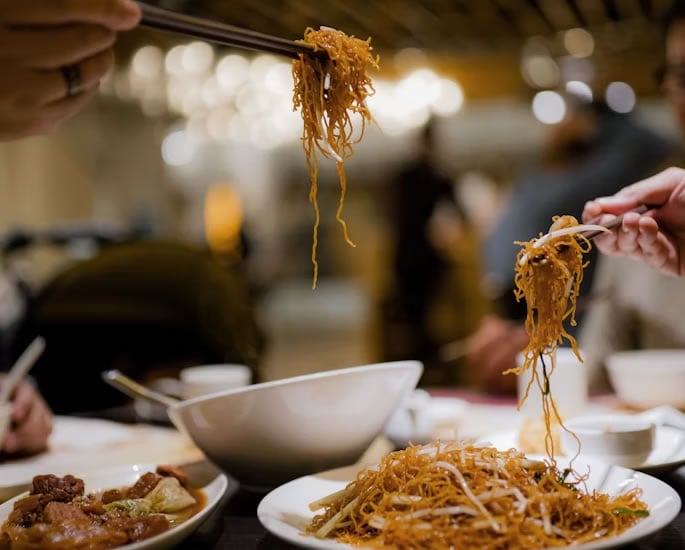
Britain’s diverse food scene reflects centuries of migration and exchange.
The country’s first Indian restaurant, the Hindoostane Coffee House, opened in 1810. It was founded by Dean Mahomed, a British Indian writer, surgeon and entrepreneur.
Chinese food found its way into Britain during the Victorian era, first served in Liverpool and Limehouse, east London, by small venues catering to Chinese sailors.
By 1907, it had reached the mainstream with the opening of the Cathay restaurant in London’s West End.
The Windrush generation brought new flavours to British tables too.
Caribbean bakeries introduced hardo bread and patties, dishes influenced by Cornish pasties, while curry goat, rice and peas, and jerk chicken became household favourites.
Over time, the range of flavours expanded even further, from Turkish kebabs to Vietnamese pho, creating a food landscape that mirrors modern Britain’s diversity.
The researchers described how food vendors and restaurants helped foster what they called “boundary-crossing”.
They wrote: “Arguably, these commercial settings also enable in-group members to directly observe and experience the friendliness and strong work ethic of out-groups, possibly making it easier to recognise and relate to their shared humanity.
“Food consumption is not only a sensory pleasure but also a symbolic entry point into a foreign culture. Such sensory experiences can evoke positive emotions, subtly shifting attitudes.”
Food as a Solution for Social Cohesion
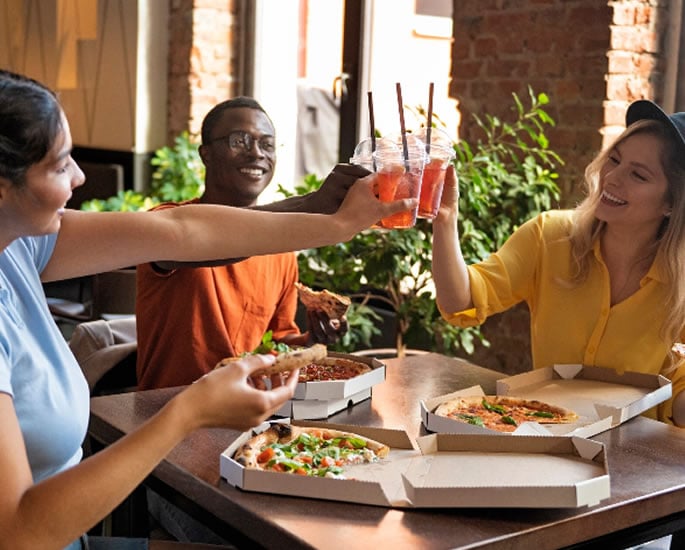
The Labour government is currently developing a new social cohesion strategy and the researchers believe food could play a key role in it.
They suggested community food tastings in schools, grants and tax incentives for food businesses, and tourism campaigns that celebrate “culinary diversity”.
The study, titled Breaking Bread: Investigating the Role of Ethnic Food in Potentiating Outgroup Tolerance, draws on “intergroup contact theory”.
This theory suggests that prejudice decreases when people from different backgrounds interact under equal conditions, cooperate on shared goals, and receive institutional support for those interactions.
The researchers acknowledged that some individuals may already be predisposed to openness, which could make them more likely to try new cuisines.
But the findings still held up strongly even after accounting for right-wing political leanings.
The study concluded: “The associations remained robust after controlling for three distinct measures of right-wing political preferences, suggesting that food engagement exerts an effect even among individuals likely to be lower in openness.”
What the study ultimately shows is that every shared meal, every plate of curry or bowl of noodles, carries more meaning than most realise.
Food connects people across divides, and sometimes, it quietly changes minds.
From the Balti houses of Birmingham to the Chinese takeaways of Liverpool, every dish served tells a story of migration, culture and understanding.
In Britain, breaking bread with others might just be one of the simplest ways to build a more tolerant society.






















